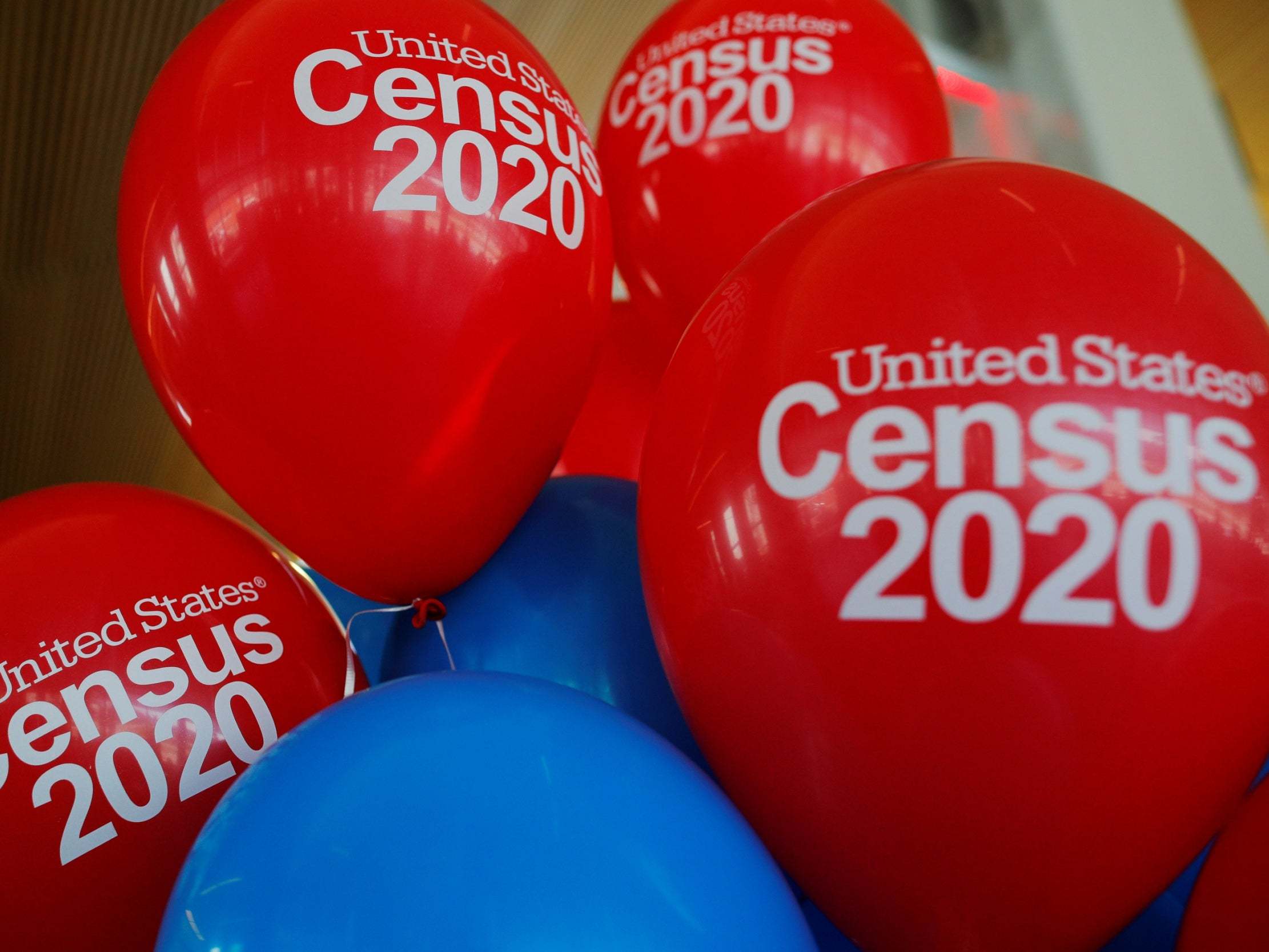Controversial citizenship question in census was meant to help white Republicans, documents reveal
Comments found on hard drive suggest change is meant to hurt minorities

Your support helps us to tell the story
From reproductive rights to climate change to Big Tech, The Independent is on the ground when the story is developing. Whether it's investigating the financials of Elon Musk's pro-Trump PAC or producing our latest documentary, 'The A Word', which shines a light on the American women fighting for reproductive rights, we know how important it is to parse out the facts from the messaging.
At such a critical moment in US history, we need reporters on the ground. Your donation allows us to keep sending journalists to speak to both sides of the story.
The Independent is trusted by Americans across the entire political spectrum. And unlike many other quality news outlets, we choose not to lock Americans out of our reporting and analysis with paywalls. We believe quality journalism should be available to everyone, paid for by those who can afford it.
Your support makes all the difference.The architect of the Trump administration’s effort to add a controversial citizenship question to the 2020 US census once wrote in near-explicit terms that the addition would benefit white people and Republicans while hurting minorities, according to newly uncovered documents.
The thinking behind the move was made public in newly released legal documents, and undermine claims that the question is needed to help enforce the Voting Rights Act. The boundaries of political maps are based upon district populations, and critics of the citizenship question have estimated it would lead to an undercount of some 4.2 million Hispanic residents across the country.
Asking census respondents whether they are US citizens “would clearly be a disadvantage to the Democrats” and “advantageous to Republicans and Non-Hispanic Whites”, wrote Tom Hofeller, the mastermind behind the effort and an expert on redistricting for the Republican National Committee.
Hoeffler, who died last year, reportedly analysed Texas state legislative districts for the conservative news outlet the Washington Free Beacon in 2015, to determine how drawing those districts based on citizenship would impact the vote.
He concluded that doing so would be a “radical departure from the federal 'one person, one vote' rule presently in the United States”. He said that it would reduce representation for Hispanics — who tend to vote Democrat — while boosting representation for white Republicans.
Hoeffler then urged Donald Trump’s transition team in 2016 to add the question to the 2020 census, and laid out the argument that it would help enforce the Voting Rights Act — a law intended to protect voting rights.
The documents were discovered on a hard drive by Hoeffler’s estranged daughter. They were then introduced into a trial challenging North Carolina gerrymandering, and have now been referenced in federal court by lawyers on a separate case who have argued the documents suggest the Trump administration has not been clear in its previous depositions.
The case is pending before the Supreme Court, which had previously appeared ready to approve the addition of the question to the census, which is conducted every 10 years.
Join our commenting forum
Join thought-provoking conversations, follow other Independent readers and see their replies
Comments